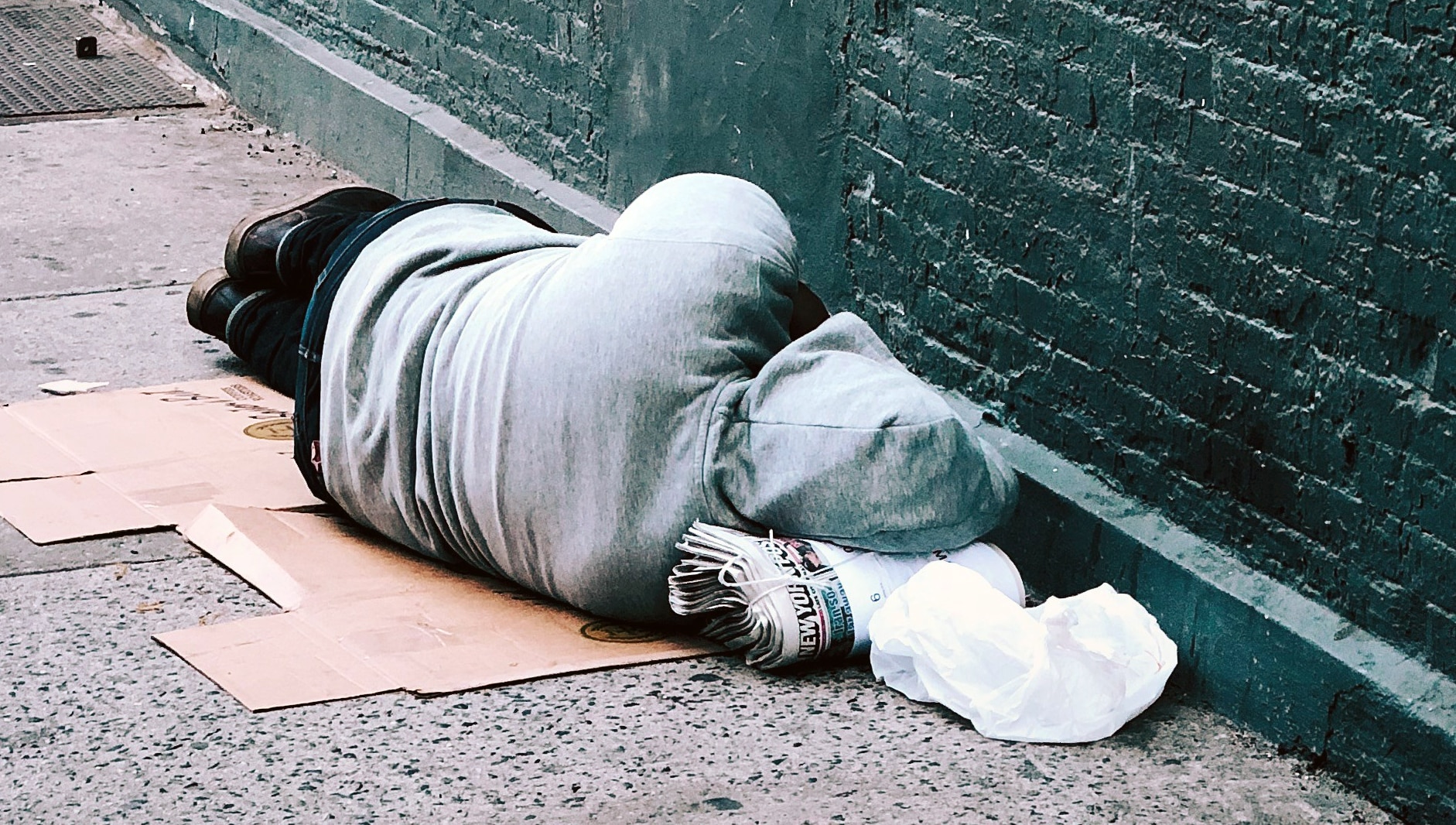Florida Considers Using Camps as Humane Solution for Homelessness

Florida is struggling to tackle its increasing homeless crisis because of a severe shortage of affordable housing. The crisis becomes apparent when many people and families have no option but to sleep in public spaces, parks, or their vehicles.
This situation not only underscores the pressing problem of housing insecurity, but also leaves those affected in vulnerable positions regarding their safety and overall welfare. Homelessness in Florida encompasses a wide range, including individuals struggling with mental health and substance abuse. This demographic requires specific forms of support and interventions to cater to their unique needs. Families with children and military veterans are among the vulnerable populations that are impacted by the crisis. This disproportionate impact highlights the urgent necessity for well-conceived, effective solutions to tackle the homelessness crisis in Florida. The prevalence of homelessness in the state highlights a broader problem of housing affordability and social support systems. It is essential to grasp the seriousness of homelessness in Florida in order to develop comprehensive strategies that address both the symptoms and root causes of this complex crisis.
The approach to homelessness in Florida involves collaboration between local governments and community organizations to support homeless individuals and remove them from public areas. This model addresses homelessness by implementing strategies like shelter refurbishment, addiction support, and other assistance programs. To discourage people from sleeping in public spaces, certain local governments have implemented measures such as banning panhandling or playing loud music. By employing various approaches, the model ensures public order while providing support.
The government’s proposed legislation aims to provide secure designated camps for homeless individuals, offering essential services to ensure their well-being and safety. To address the increasing number of homeless individuals in Florida, the legislation plans to create specific camping zones while prohibiting sleeping in public spaces. Miami Beach’s approach to the homeless crisis, praised by Governor DeSantis, involves allowing arrests for refusing shelter placement.
There is a debate over the legislation regarding homeless camps, with concerns about potential arrests and adherence to federal standards. Critics claim that the legislation may not tackle the underlying causes of homelessness and could cause unintended outcomes, like safety issues in tent settlements and insufficient funding. We need to find a more comprehensive and sensitive solution to address the needs of the homeless population while considering community concerns.
Homelessness in Florida has complex economic and social effects on individuals and communities. The crisis is driven by a severe affordability problem, causing teachers and nurses to move in search of cheaper housing. Not only does this exodus exacerbate the housing shortage, but it also burdens the state’s capacity to uphold quality education and healthcare services, which are vital for societal well-being and progress. To address the stark housing affordability disparity between wealthy residents and middle to lower income groups in Florida, we need a comprehensive strategy that ensures inclusive and sustainable solutions for homelessness and housing..
To address the complex issue of homelessness in Florida, a multi-pronged approach is necessary, with affordable housing as the primary focal point for any sustainable solution. It is crucial for the state’s leaders to recognize the gravity of the affordability crisis and implement effective measures to mitigate its effects on residents. Exploring the underlying reasons for homelessness means considering more than just the scarcity of affordable housing; income inequality, healthcare accessibility, and social services are also significant factors. Florida can develop comprehensive strategies to address homelessness by adopting a holistic perspective. Discovering innovative housing models, such as affordable housing initiatives that have seen success in other regions, could offer valuable insights and potential pathways for Florida to follow. It is crucial to evaluate and adapt these strategies to ensure their effectiveness in evolving social and economic environments.
By fostering collaboration between government, non-profits, and the private sector, we can significantly magnify efforts to combat homelessness. Collaboration between government, non-profits, and the private sector can magnify efforts to combat homelessness by combining resources, expertise, and innovative ideas to create synergies for sustainable and effective solutions. The “housing first” model is a prime example of prioritizing stable housing for homeless individuals as a fundamental starting point to tackle other problems like employment, health, and substance abuse. By adopting successful models from other jurisdictions, Florida can tackle the homelessness crisis and prevent it from happening again. It is imperative for the state’s strategies to maintain flexibility and attentiveness to the diverse population’s specific needs, so that solutions are fair and inclusive for every Floridian.
![]()
